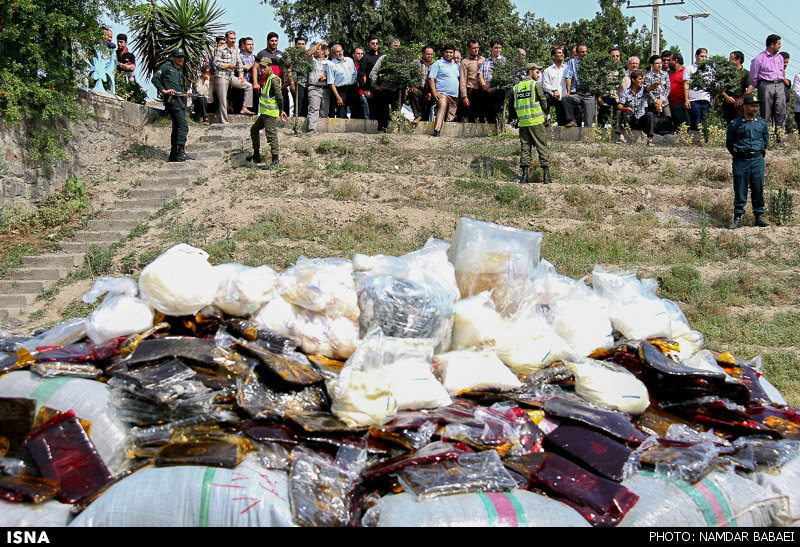 ERBIL, Kurdistan Region � The number of drug addicts is growing in Iran and universities should teach compulsory courses against narcotics abuse, the country�s deputy chief of combating narcotics said.
ERBIL, Kurdistan Region � The number of drug addicts is growing in Iran and universities should teach compulsory courses against narcotics abuse, the country�s deputy chief of combating narcotics said.Alireza Jazini, second in command of Iran�s Unit of Combating Drugs, said Sunday that students responding to a survey had replied that most had began taking drugs in high school.
According to a report on BBC Persian, Jazini said that 11.8 percent of female students and 9.3 percent of male students are addicted to narcotics.
The use of Tramadol, Ritalin and other drugs is common among many university and high school students in Iran, said the official.
According to Jazini, 500 tons of drugs are consumed in Iran annually and students as young as 15 are involved.
Jazini said that the reason behind the growing number of drugs users, including the young, is the large-scale industrial production of such drugs.
Iran�s ministry of health has for some years run special courses in schools to educate students about the negative consequences of drug use.
The Iranian government announced last year that it will draw new educational plans with experts and the science ministry to reduce addiction and drug use among students.
Iranian officials would like all students to participate in a special course about addiction and the consumption of alcohol and drugs before entering university.
Last year, the head of the United Nations on Drugs and Crime (UNODC), Antonio Maria Costa, said that �addiction in Iran is 10 times what is known in other countries.�
It is believed that drug addiction rates in Iran are close to six percent, much higher than Iranian officials have reported.
Last June, Iran�s Interior Minister Abdolreza Rahmani Fazli said that there were 1.3 million addicts in Iran.
The Washington Post wrote last year that substance abuse in Iran is among the highest in the world, with 700,000 female drug addicts seeking treatment, despite living in a conservative society that views the issue as a taboo.
By Rudaw
The Iran Project is not responsible for the content of quoted articles.










